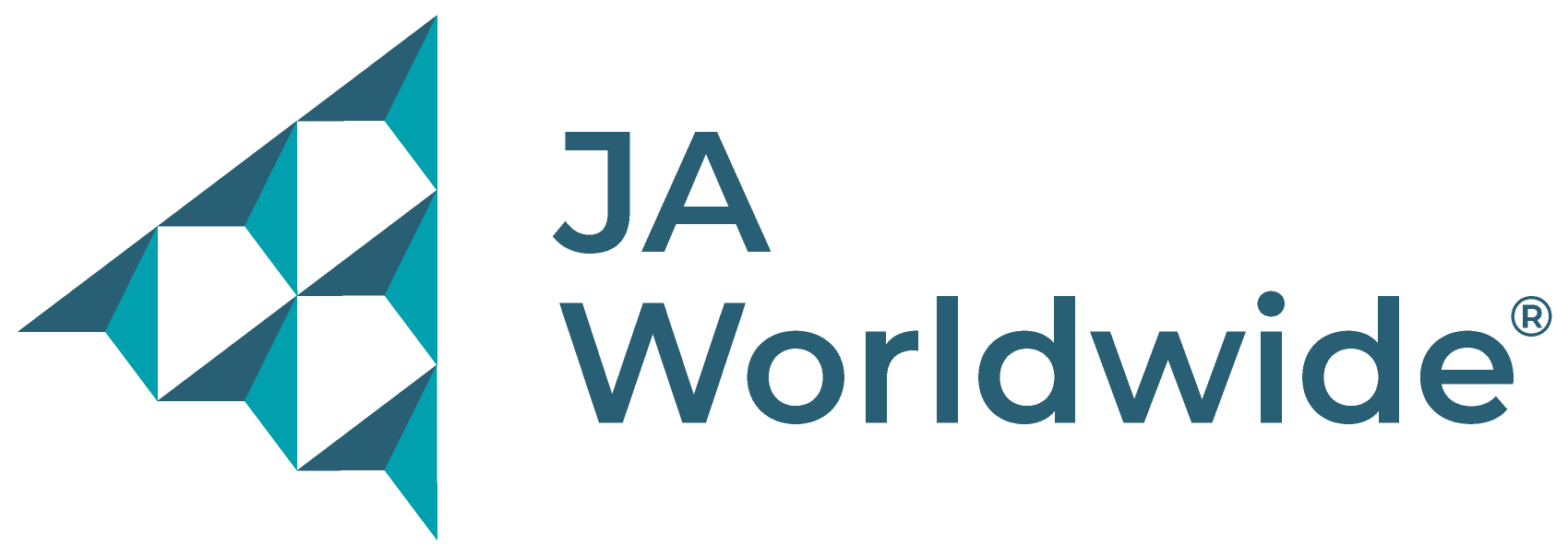In Honor of Albert Einstein...
April 21, 2020
by Luciano Macagno, Managing Director, Latin America, Caribbean & South Florida Delta Air Lines and JA Americas Chairman, and Leonardo Martellotto, President, JA Americas
The global spread of COVID-19 and its impact on most of our region leaves us facing unprecedented social challenges, including the education of our children and youth. More than 85%1 of schools are closed in the Americas region and 87% of the world’s population (including more than 1.5 billion students2) has been affected. Are we able to adapt to the new educational scheme, not only to go through this emergency phase but to generate a necessary change? How do we avoid slowing down processes that are critical to new generations, especially considering access to technology-based learning?
At JA, we’re viewing this complex scenario as an opportunity to make improvements to education. Generally, education has been based on the principle of “learning-by-doing” and occurs in multiple formats and across varied channels for students.
Albert Einstein firmly believed that crises present humans with great opportunities. According to the physicist, the great crises of history have challenged humans to innovate, to develop creativity, to revise paradigms . . . to change. Once fear is overcome, the inevitable end of the crisis sees evolution, the jump to a new stage as an evolutionary response to conditions that do not allow humans to continue doing things the same way.
Throughout our more than 100-year history, JA has been witness to countless crisis scenarios (even a few more than Einstein himself). Born in 1919 in the midst of one of the greatest economic depressions in history, JA emerged as an innovative response to a recurring problem: job readiness for young people. Resilience is part of what we teach and it’s in our DNA.
Throughout our history, we have learned to overcome obstacles and we teach our young people to transform them into opportunities. The unprecedented situation that we currently face finds us once again in the position to put the JA experience into practice, to be resilient once again. Fortunately, we not only have the entrepreneurial attitude necessary to navigate turbulent waters but a varied range of digital and self-administrable content, which we have been working on in recent years. The advantage of being part of a global network with more than 100 countries is the ability to connect and offer alternatives quickly and effectively. That is why, in our communication channels, mainly on social networks, you can find content readily available. Our #KeepLearning campaign offers digital content to all who want it.
JA Americas is happy to be part of a global effort that makes JA content available online. At jaworldwide.org/keeplearning, users can find free, ready-to-use digital JA content from around the world. The site is continuously updated and content is added regularly. For example, “Adventures and Finances” from JA Uruguay, a game that teaches kids about financial education in a fun way, is accessible through the #KeepLearning site.
Although our usual implementation model combines digital content with the role of a volunteer or mentor, the crisis has led us to select specific content so children and young people can learn in fun and easy ways from their homes through platforms that guide them in their learning.
While at home and sharing time with the family, we might even consider serving as JA volunteers ourselves, guiding the young people in our lives through JA content. A good way to honor Albert Einstein is to apply his thinking and take advantage of the crisis, embracing it in a way as an opportunity to change.
Applicable ideas for evolution in education for the challenges we are experiencing today:
As educators, promote the dissemination of prevention measures recommended by health agencies with the aim of protecting those who are part of our ecosystem as a top priority.
Make available to our public (governments, through their ministers and secretaries of education; schools and teachers; partners and employees, especially those who are parents; youth directly) virtual “learning-by-doing” content that allows meaningful learning by connecting education with fun.
Train volunteers and launch activities in a virtual way so when schools reopen we have already generated positive inertia for educational processes, facilitating the return of students to the classrooms.
Put the focus on educational urgency but simultaneously lay foundations for a long-term cultural change—necessary to improve the education of future generations—to ensure that distance learning remains an installed capacity.
Sources:
(1) JA internal survey with 30 JA Member Nations leaders, as of March 23, 2020.
(2) COVID-19 Educational Disruption and Respond, UNESCO

